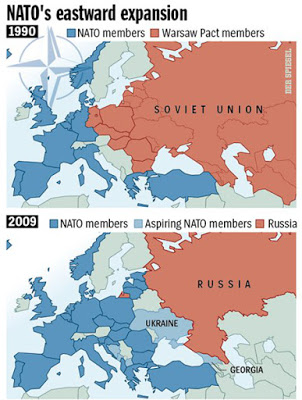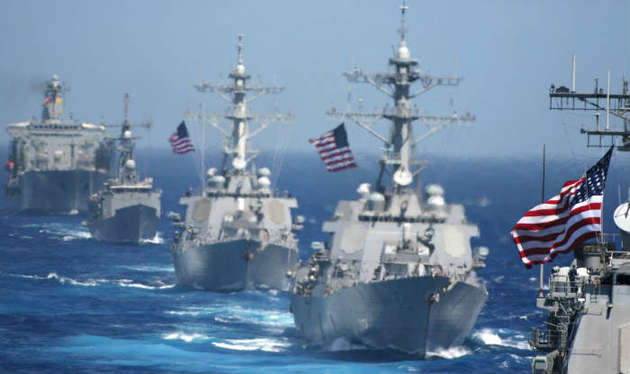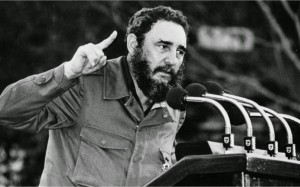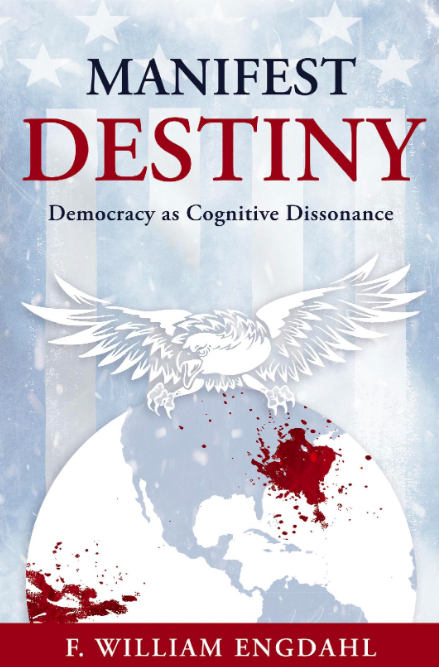Corporate Spin: Genetically Modifying the Way to Food Security?
July 24th, 2018 by Colin Todhunter
Note to readers: please click the share buttons above
Those familiar with the debate around genetically modified organisms (GMOs) may be forgiven for thinking that science alone can solve the world’s food problems. The industry asserts that GMOs are vital if the world is to increase agricultural productivity and we are going to feed a growing global population. There is also the distinct impression that the GMO issue is all about ‘science’ and little else.
People who question the need for and efficacy of GM have been labelled anti-science elitists who are responsible for crimes against humanity as they supposedly deny GM food to the hungry. Critics stand accused of waging a campaign of fear about the dangers of GM. In doing so, the argument goes that, due to ideology, they are somehow denying a technological innovation to farmers.
Critics have valid concerns about GMOs and have put forward a credible evidence to support their views. But instead of engaging in open and honest debate, we see some scientists hardening their positions, lashing out at critics and forwarding personal opinions (unrelated to their specific discipline) based on their perceived authority as scientists. There’s a fine line between science and industry-inspired lobbying and spin. Unfortunately, a number of scientists have difficulty locating it.
The problem: global food regime or GM technology itself
An accusation sometimes levelled at critics of GM is that they have trouble when it comes to differentiating between the technology and the companies who have come to dominate GM: they are thus overly concerned with waging an assault on big business and capitalism, losing site of the potential benefits of GM.
For sure, GM technology has become associated with large conglomerates that have rolled it out as a tool to further consolidate their dominant market position. These corporations are embedded in a system of capitalism that facilitates corporatisation of the global food regime and all that entails: for instance, a push towards seed monopolies, the roll-out of highly profitable proprietary inputs and chemical/biotech treadmills, leverage over legislation, trade deals and treaties and the general boosting and amalgamation of corporate power (as seen by recent mergers and acquisitions).
However, it is unfair to accuse critics of being unable to differentiate between the food regime and GM itself. Both scientists and non-scientists have concluded that genetic engineering poses unique scientific risks and has political, cultural, ethical and economic ramifications.
There are good reasons why in Europe robust regulatory mechanisms are in place for GM. GM food/crops are not substantially equivalent to their non-GM counterparts. More and more studies are highlighting the flawed premise of substantial equivalence. Given the risks, the precautionary principle is recognised as a sensible approach.
International consensus exists that the products of genetic engineering are not equivalent to their conventional counterparts. Many of the potential hazards are inherent in the GE process itself, and “are not techniques used in traditional breeding and selection” (Cartagena Protocol on Biosafety, on page 7 of this document, where the example of GM maize and the amino acid lysine is also discussed; in addition, see references 5-10 at the bottom this page here).
There is sufficient reason to hold back on commercialising GM and subject each GMO to independent, transparent environmental, social and health impact evaluations: there can be no blanket statement that all GMO crops/foods are safe or somehow ‘good’. The claim of substantial equivalence is an industry get-out tactic to avoid the inconvenience of proper assessment and regulation. And any claim that there is consensus on the safety/efficacy of GM within the ‘scientific community’ is based on spin rather than reality. This, along with the claims that ‘the science is decided’ on GM is mere rhetoric designed to close down debate.
There are major uncertainties concerning the technology (not least regarding its precision and health safety aspects), which are brushed aside by claims of ‘the science’ is decided and the ‘facts’ about GM are indisputable. Such claims – alongside the attempt to sideline non-scientists from the debate – are merely political posturing and part of the agenda to tip the policy agenda in favour of GM.
We must consider too that many things that scientists are trying to achieve with GMOs have already been surpassed by means of conventional breeding. We should not accept the premise that only GM can solve problems in agriculture. Non-GMO options and innovations have out-performed GM. So why press ahead with a technology that changes the genetic basis of food with all that entails for human health and the environment?
Despite critics’ concerns, they continue to be attacked for supposedly being anti-science and anti-choice. For instance, the pro-GMO line of blaming people in richer countries for denying the benefits of GM to others elsewhere has become part of industry rhetoric. The case of Golden Rice is often used as an example. UK politician Owen Patterson is on record as saying that wicked activists are denying food to little children.
Glenn Stone and Dominic Glover (Washington University and the University of Sussex) have noted that this claim just does not stack up. Golden Rice has not come to market because ongoing tests show it has failed to deliver as a technology. Meanwhile, Vitamin A deficiency is falling dramatically in the Philippines, while the claims about Golden Rice remain wishful thinking.
It is a convenient and misleading to accuse ‘privileged activists’ in affluent countries of denying choice to poor people by preventing the commercialisation and cultivation of GM crops across the globe. In South America and Africa, for example, it is not some affluent bunch of activists in rich countries who are against GM. It is local farmers and it is because corporations with US govt help and philanthropic colonialists like Bill Gates are moving in to assert their leverage in agriculture and over indigenous farming.
According to the Alliance for Food Sovereignty in Africa (ASFA):
“White male European so-called experts are channelling the message of the biotech industry, heavily controlled by US-European seed and chemical giants Monsanto/Bayer, Syngenta and DuPont Pioneer. The message once again is that failure of African farmers to adopt GMO technology is the root cause of hunger and poverty on the continent. It is ironic that GMO foods are banned by law as unsafe in the European home countries of those giving the advice. Meanwhile the African biotech scientists seem more concerned that the strict liability measures will chase away donor funding and investment for their costly and “prestigious” research.
“They blame the anti-GMO activists, rather than their own technological failure, for the impasse. They claim that if only the activists would shut up and go away, the industry backed researchers could fix the food insecurity problem once and for all! Once again Africa is being compelled to adopt others’ views, others’ technologies, others’ interests. Have we not seen this before? They claim to have ‘sound science’ on their side but what kind of science resolutely ignores the evidence? What has actually happened in those African countries where GMOs have been rolled out? Let’s take a look at the facts.”
ASFA then goes on to highlight the false promises and failures of GM in Africa. Clearly, it is not just the politics of GM that ASFA has concerns about: it is the technology itself.
It is misleading when supporters of GM call people’s attention to apparent public sector funding of GM and the apparent altruism that is claimed to underpin the GM project. Even when not directly pushing GM to boost the bottom line, big business (and US state interests) is certainly present in the not too distant background. As with the current push for GM mustard (also misleadingly portrayed as a public service endeavour ) in India, ‘pioneering’ crops have a role in opening the GM floodgates in a region or country (there are sound reasons for rejecting GM mustard as described by Aruna Rodrigues in her submitted court documents).
But is this type of ‘activism’ denying choice to farmers? Not at all, as I have outlined elsewhere. If anything, large corporations do their best to break traditional practices and environmental learning pathways developed over time with the aim of getting farmers on technological treadmills. These same companies also exert their leverage on a wider level via the WTO, Codex and various international agreements.
But you never see supporters of GM campaigning against any of this. Perhaps they are too busy helping the process along via the right-wing neoliberal think tanks they are associated with. Instead, they fixate on Greenpeace or ‘activists’ whose leverage is dwarfed by the power of these corporations.
Pro-GMO activists make great play about ‘potential’ benefits of GM and roll out examples to ‘prove’ the point. Fine, if these benefits really do stack up in reality; but we need to look at this objectively because plenty of evidence indicates that GM is not beneficial and that non-GM alternatives are a better option. Most of all, we need to put commercial interests and the career/funding interests of scientists to one side when determining the need for and the efficacy of GM.
Solution based on food sovereignty
Banning GMOs will not solve the problems associated with lobbying and corruption, the adverse impacts of pesticide use, corporate monopolies, monocultures, food commodity speculation, the denial of peasant’s land rights or any other problems associated with the capitalist food regime. But neither will GM lead to ensuring global food security.
We must look away from the industrial yield-output paradigm and adopt a more integrated, systems approach to food and agriculture that accounts for many different factors, including local food security and sovereignty, local calorific production, cropping patterns and diverse nutrition production per acre, water table stability, climate resilience, good soil structure and the ability to cope with evolving pests and disease pressures. This is precisely why, from Africa to India, locally owned, grass-root agroecology and zero budget farming are gaining traction.
Scaling up agroecology offers potential solutions to many of the world’s most pressing problems, whether, for instance, climate change and carbon storage, soil degradation, water shortages, unemployment or food security. Working with the natural environment (as Bhaskar Save notes) involves a different mindset from that which wants to genetically engineer it and all the risks and unforeseen consequences that it inevitably entails. If readers take time to click on the previous link for Bhaskar Save, it becomes patently clear that undermining or eradicating one system of farming by imposing another has serious ethical, environmental, social and political ramifications. Something that scientific research does not concern itself with.
The consequences of GM do not just relate to unpredictable changes in the DNA, proteins and biochemical composition of the resulting GM crop. Introducing GM can involve disrupting cultures and knowledge systems and farmers’ relationships with their environments. Who is to say that GM is somehow ‘better’ or should take precedence over these traditional systems?
Corporate boardroom executives or well-funded microbiologists each with their own agendas and looking at things from their own blinkered perspectives? Once those systems are disrupted, the knowledge and practices that underpin them become lost forever. For instance, in terms of an integrated pest management strategy, Devinder Sharma talks of women who can identify 110 non-vegetarian insects and 60 vegetarian insects. Can such knowledge survive? To be wiped out for corporate profit and a flawed GM experiment?
As described in this paper, for thousands of years farmers experimented with different plant and animal specimens acquired through migration, trading networks, gift exchanges or accidental diffusion. By learning and doing, trial and error, new knowledge was blended with older, traditional knowledge systems. The farmer therefore possessed acute observation and has traditionally engaged in risk minimising strategies. Farmers took measures to manage drought, grow cereals with long stalks that can be used as fodder, engage in cropping practices that promote biodiversity, ethno-engineer soil and water conservation, use self-provisioning systems on farm recycling and use collective sharing systems such as managing common resource properties.
Farmers know their micro-environment, so they can plant crops that mature at different times, thereby facilitating more rapid crop rotation without exhausting the soil. Today, however, large-scale industrial-based agricultural production erodes biodiversity by depleting the organisms that live in soil and by making adverse changes to the structure of the soil and the kind of plants that can be grown in such artificially-created environments.
Many of the practices of small farmers are now recognised as sophisticated and appropriate. It is no surprise therefore that various high-level reports have called for agroecology and smallholder farmers to be prioritised and invested in to achieve global sustainable food security. Instead, what we see is the marginalisation traditional organic agriculture by corporate interests.
Traditional food production systems depend on using the knowledge and expertise of village communities and cultures in contrast to prioritising imported ‘solutions’. The widespread but artificial conditions created by the latter work against the survival of traditional knowledge, which creates and sustains unique indigenous farming practices and food culture.
None of this is based on a romantic yearning for the past or ‘the peasantry’. It is for good reason that the reports referred to call for investment in this type of agriculture centred on small farms: despite the pressures (including the fact that industrial agriculture grabs 80%of subsidies and 90% of research funds), it continues to feed most of the world.
Cultural, ethical, political and environmental considerations matter just as much – even more – than the science of GM. And that’s even before we consider how the ill thought out introduction (or imposition) of GM can have dire financial impacts for communities, as has been the case with Bt cotton in many areas where it has been adopted.
In acknowledging the type of food regime that exists and the risks, motives and implications of GM, pushing back against the large corporations that hold sway over the global food system, food sovereignty based on localisation and (political) agroecology is necessary. This involves reclaiming the food system and challenging the leverage that private capital has over all our lives.
In the meantime, we are not talking about ‘banning’ anything. Where GMOs, gene editing, synthetic biology or other similar technologies are concerned, we require a responsible approach based on transparent social, health and environmental impact assessments. In the absence of this, there should be a moratorium because the potential for a responsible approach is most definitely lacking: Rosemary, Mason, Carol van Strum, the late Shiv Chopra, Evaggelos Vallianatos and others have described how high-level institutions responsible for food and environmental safety have been subverted and corrupted over the years by commercial interests.
Decades on from Rachel Carson, have we learned nothing? If the people listed above tell us anything, it is that the ‘pesticide revolution’ was based on widespread fraud. We are now trying to deal with the health and environmental impacts of dousing the land with agrotoxins year in, year out. They also tell us that commercial interests should not determine regulatory regimes. We need transparency, democratic accountability, science untainted by corporate interests and robust public institutions which guard against commercial interests that undermine regulatory decisions.
While the pro-GM lobby rushes to experiment with the genetic core of the world’s food and leave a potentially detrimental legacy for future generations, the question remains:
“How is it possible that in the 21st century the world has the capacity to feed every single human being on the planet, yet the majority of people in Africa and the rest of the Global South, who are poor – whilst obesity soars in the West – go rampantly hungry?” – Walden Bello
It is because food and agriculture have become wedded to power structures that have created food surplus and food deficit areas and which have restructured indigenous agriculture across the world and tied it to an international system of trade based on export-oriented mono-cropping, commodity production for a manipulated and volatile international market and indebtedness to international financial institutions.
Once you understand how global capitalism and its corporate food regime operates and how private capital shapes and benefits from a food regime based on an exploitative ‘stuffed and starved’ strategy, you realise that genuine political and economic solutions are required if we are to feed the world and ensure equitable food security.
We must not be deterred by the “haughty imperialism” that exists in scientific circles that aggressively pushes for a GMO techno-fix. We must not be distracted from the root causes of poverty, hunger and malnutrition.
*
Colin Todhunter is a frequent contributor to Global Research and Asia-Pacific Research.
Seeds of Destruction: Hidden Agenda of Genetic Manipulation
- Author Name: F. William Engdahl
- ISBN Number: 978-0-937147-2-2
- Year: 2007
- Pages: 341 pages with complete index
List Price: $25.95
Special Price: $18.00
This skilfully researched book focuses on how a small socio-political American elite seeks to establish control over the very basis of human survival: the provision of our daily bread. “Control the food and you control the people.”
This is no ordinary book about the perils of GMO. Engdahl takes the reader inside the corridors of power, into the backrooms of the science labs, behind closed doors in the corporate boardrooms.
The author cogently reveals a diabolical world of profit-driven political intrigue, government corruption and coercion, where genetic manipulation and the patenting of life forms are used to gain worldwide control over food production. If the book often reads as a crime story, that should come as no surprise. For that is what it is.




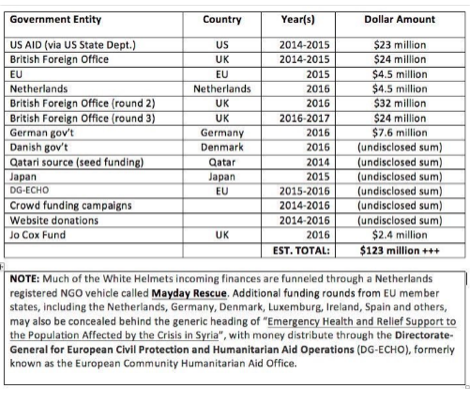


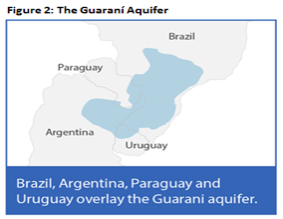
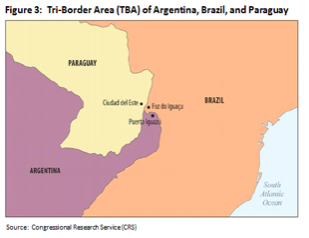

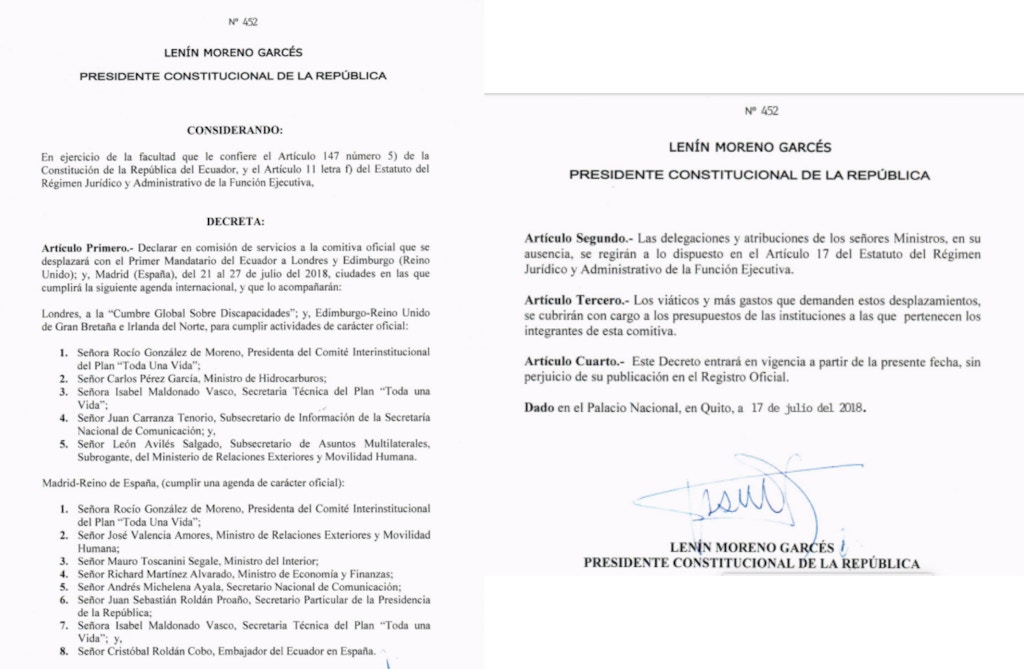
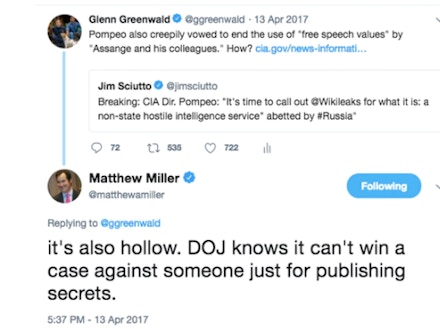
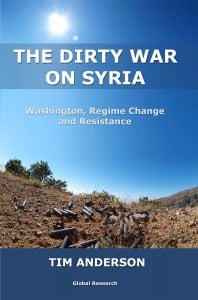


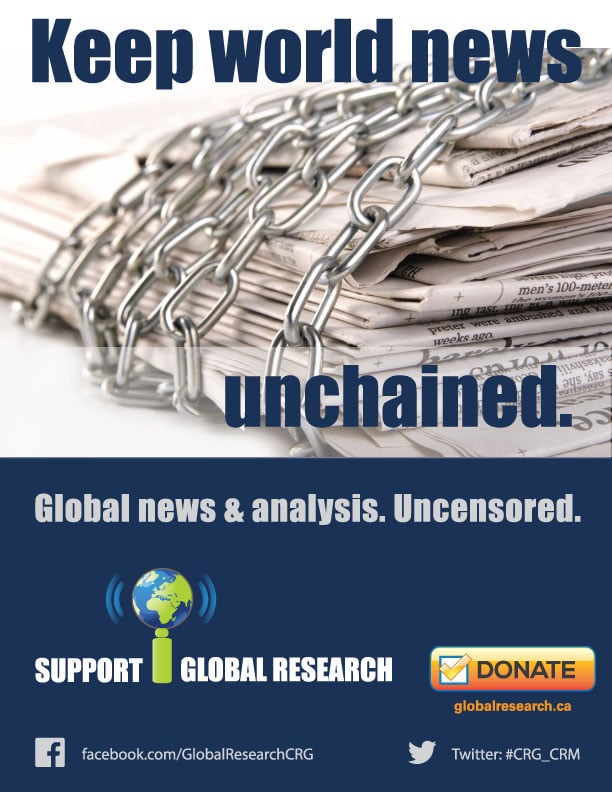 Can you
Can you 

![An Insider's Memoir: How Economics Changed to Work Against Us From Smith to Marx to Bitcoin by [Brown, Gordon Bryant]](https://images-na.ssl-images-amazon.com/images/I/415UTsWXj9L._SY346_.jpg) Title
Title

